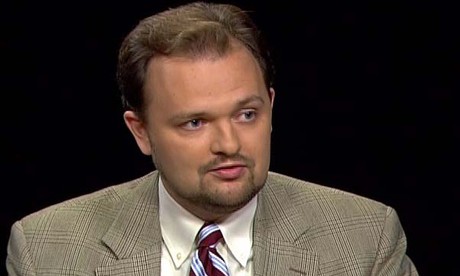Nobody, of course, because there weren’t two “sides” or camps or (heaven help us) factions or anything so nasty as all that.
It was all a dialogue, a moment of encounter and discernment, an opening to the Holy Spirit that set the Roman Catholic Church free to be church in a new way for the third millennium.
It was a beginning, an overture, the first chapter in a neverending story, the first step on a permanent journey, because we are all sojourners together. So nobody won, because really everybody won.
As Saint Athanasius would say, LOL.
No, look, what actually happened is that conservatives won what was probably the closest thing to victory that they could have hoped for, given that 1) the pope was against them, and 2) the pope stacked the governing and writing committees and the voting ranks, and did I mention that 3) the pope was against them.
(People who still argue that Pope Francis was studiously neutral, that he just wanted dialogue, or that his views are unknowable, need to sit down and read the tongue-lashing he gave to conservatives in his closing address — and contrast it with the much more evenhanded way he closed last fall’s synod, when conservative resistance to the synod’s intended direction was much more disorganized.)
Which is to say they produced a document that used unfashionable words like “indissoluble” to talk about marriage, that mostly avoided the subject of homosexuality, and that offered a few dense, occasionally-ambiguous, slightly-impenetrable paragraphs on welcoming and accompanying divorced and remarried Catholics without offering either a path to communion absent an annulment or proposing to devolve that question to national bishops conferences, as the German bishops and the rest of the progressive caucus at the synod clearly wished. Continue reading
- Ross Douthat joined The New York Times as an Op-Ed columnist in April 2009.
Additional reading
News category: Analysis and Comment.




